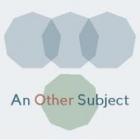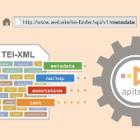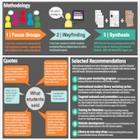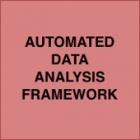
An Other Subject
In an ideal classification system each item has a precise location, but most systems contain misfits that end up classified as other. Why do items end up classified in this way? In this research project, I consider the nature of items that defy neat categorization in different types of classification systems. Are these things fragmentary, or unusually complex? What are the consequences in browsing and search? The classification theory literature suggests that these systems are not value neutral. Even used within the contexts of their intended use, they often require compromises that may not be clear to the users of these systems. In addition to looking at formal classifications such as DDC, I examine the concept of other in data collection systems such as medical records, as well as the negotiation of sub-genres in music. While other often poses challenges, I also consider instances in which it may increase engagement.









